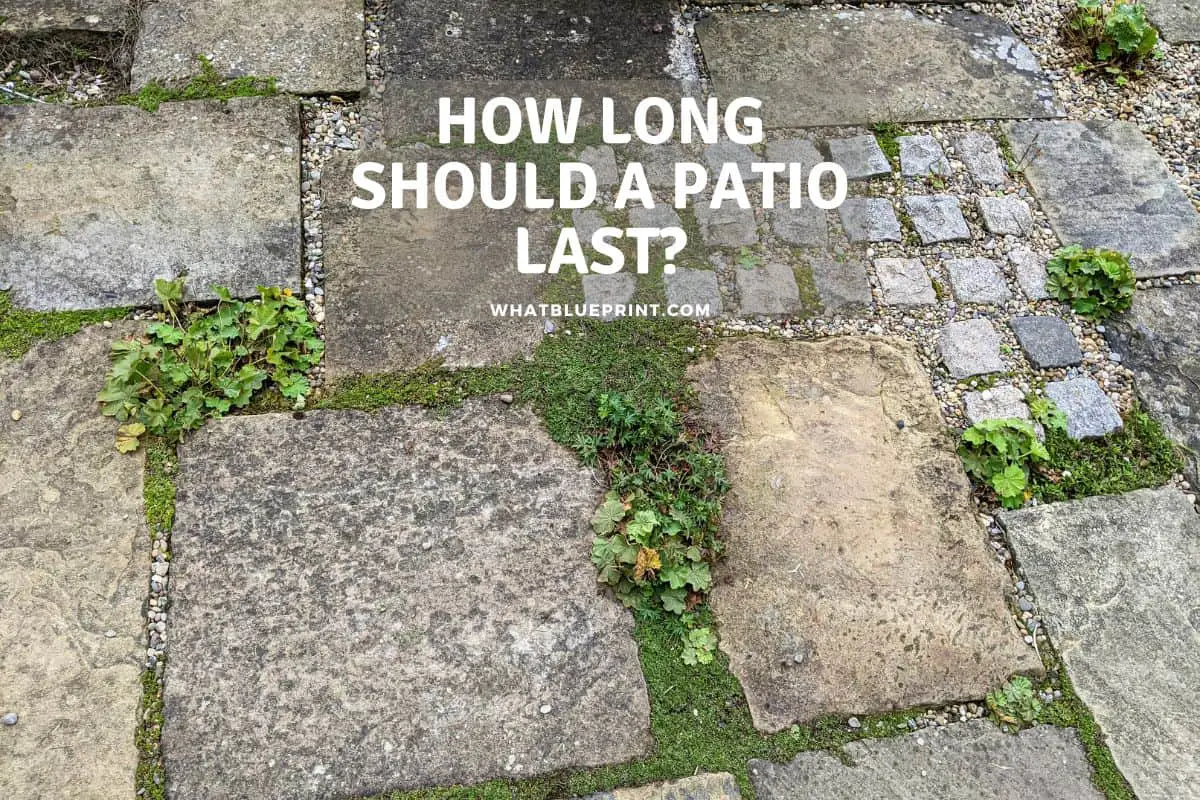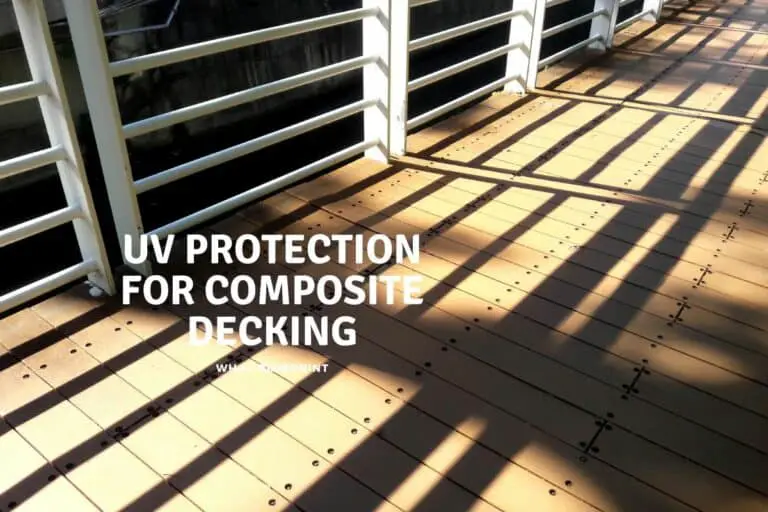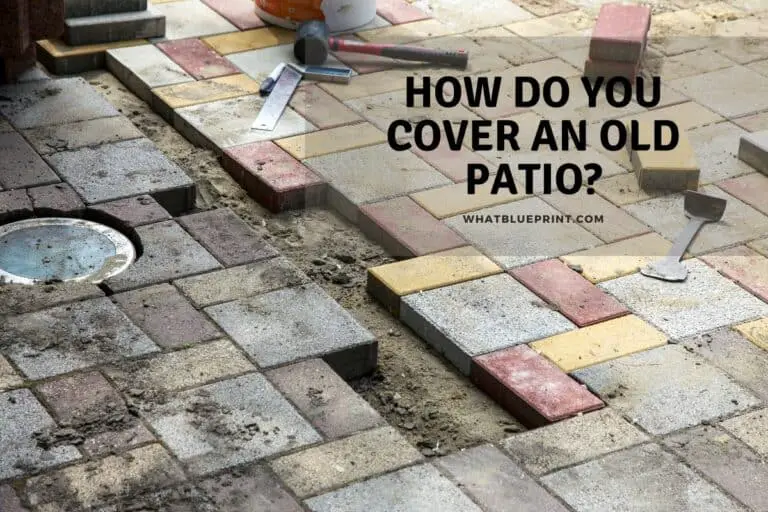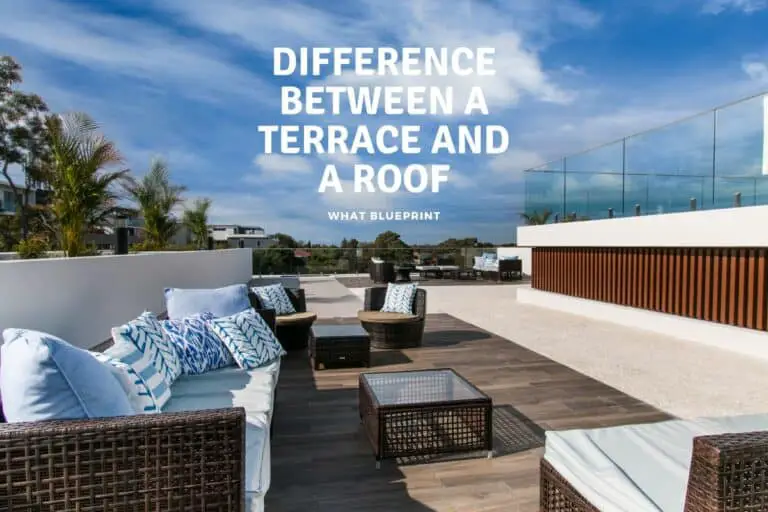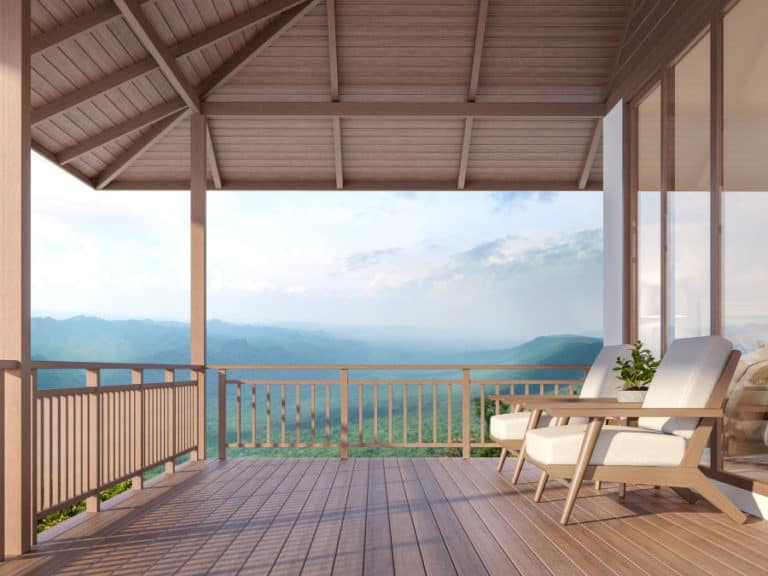How Long Should A Patio Last?
When you want to install a patio in your backyard, it is essential to choose a suitable material. You can build patios with various materials, but not all are made equal. For example, I wanted to install a patio not long ago but was unsure what material to use, making me wonder how long a patio should last and is it worth the effort and expense.
How long a patio lasts depends on the material it is built with. For example, patios made from concrete should last between 40-50 years. Patios made from pavers should last between 50-100 years. Gravel can last indefinitely if properly maintained, and brick patios can last over 100 years.
I was surprised at the longevity of the different patio materials. After some discussion with a contractor, I was happy to build my patio with pavers. First, however, I wanted to share the information I found to help others decide which patio material will last as long as they need.
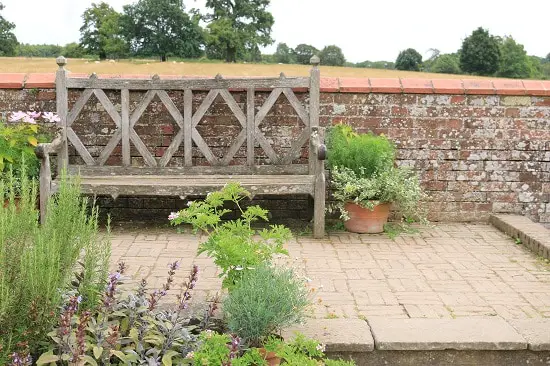
How Long Should A Patio Last?
Patios are an investment that should last you decades, if not more. The material of the patio can be a significant deciding factor in how long it will last. Below are some of the most common patio materials and how long they they will make a patio last.
Poured Concrete Patios
Concrete is among the most robust building materials, making it the typical type of patio in the U.S. Manufacturers make concrete from crushed stone, gravel, sand, and other materials mixed with water and cement.
Contractors need to install concrete patios correctly for the patio to last as long. The average lifespan of a concrete patio is between 30-50 years. To ensure your patio’s longevity, you must maintain it properly. As soon as you see cracks or chips in your concrete patio, it would be best if you repair it. Also you can choose the thickness with this type of patio. ( more on that in the link)
Concrete Paver Patios
Concrete pavers are a robust material that works great for patios. These stones are easy to maintain and can last 50-100 years with proper installation. In addition, you can easily replace concrete pavers individually, which is a cost-effective option.
They also provide better drainage than poured concrete because the water can drain through the gaps between the pavers. However, concrete pavers can wear down and erode over time, so it is essential to have extra pavers stored away so you can replace them when needed.
Gravel Patios
Gravel patios are becoming more popular as it is easy to install them yourself. They create a quaint look that works well with a vintage theme. A Gravel patio lasts forever if they are correctly maintained.
You will have more maintenance to do with gravel as one of its main drawbacks is weeds growing between the rocks. You can use landscape fabric to help curb the weeds, but they might still sneak through on the sides. After a rainy season, you will also need to rake the gravel to get the displaced rocks back in their place, and you may need to add an extra layer of gravel over time. This would beg the question if you keep replacing the gravel, how long till it’s actually all been replaced?
Brick Patios
Brick patios are also very durable and one of the best materials you can use to build your patio. Brick patios can last over 100 years if you keep the base solid and even. You get different shapes of brick, and they come in various colors. Because of how long they last, you must ensure you pick a style and color you can live with for years, and that wont discolor too much over time.
Factors That Influence The Lifespan Of Patios
No matter what kind of patio material you use, some factors will affect the lifespan of your patio and shorten it significantly the following will help make your patio last.
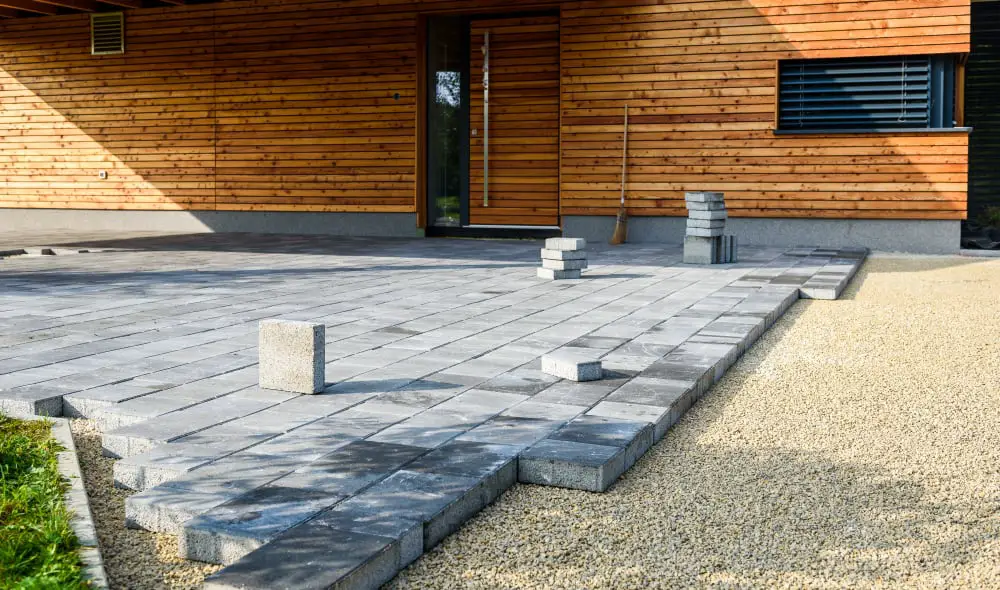
Incorrect Installation
If you want to install a patio on your property, it might be tempting to build it yourself, but if you are a beginner in the DIY world, it would be best to hire professionals to install the patio. Patios need a firm base on which the contractor needs to build.
If the base is not adequately prepared and compacted, the ground underneath the patio can shift during significant rainstorms. The weight of the patio can then cause the material to move, crack, displace the bricks or cause deep potholes in gravel patios.
If the workers mix the concrete for a patio using incorrect ratios, it will cause the patio to crack, and sections can break off proper maintenance is key to helping your patio last for years.
Proper Maintenance
Proper maintenance is key to keeping your patio last and in good condition, and it helps it last longer. For example,
- You must ensure proper drainage to keep water from eroding the patio material. So install poured concrete and hard-to-drain materials at a slope to improve drainage.
- If you see cracks, thin or big gaps in your concrete patio, holes in your gravel patio, or loose bricks/pavers, it’s vital to make repairs. That way, you stop a problem before it gets bigger.
- Regularly inspect your patio so you can catch any issue before it gets worse, and if the damage is beyond your repair capabilities, then it’s best to call a contractor for help.
Weather Conditions In Your Area
Exposure to the elements is the factor that will affect the lifespan of your patio the most. Most patio materials can withstand wind, rain, snow, and severe temperature changes, but they can take their toll over time.
Many people will cover their patio with a thick tarp during winter or severe temperature changes to keep it from deteriorating because of the elements, especially if water gets in and freezes. There Is not much Ice can’t crack given enough time, and that includes patios.
What It Is Used For
What you use your patio for will also impact how long it lasts. If you use your patio for entertaining and it gets used regularly, you may have stains, something heavy may fall on the patio, and overall wear and tear, it can shorten the lifespan. The less you use your patio, the longer it will last, but then again, where is the fun in that?
Conclusion
Depending on how well the patio is installed and the material used, a patio should last decades or more. For example, if you maintain a concrete patio, it can last over 30 years. A concrete paver patio can last up to 100 years, a gravel patio can last indefinitely, and a brick patio can last around 100 years.

